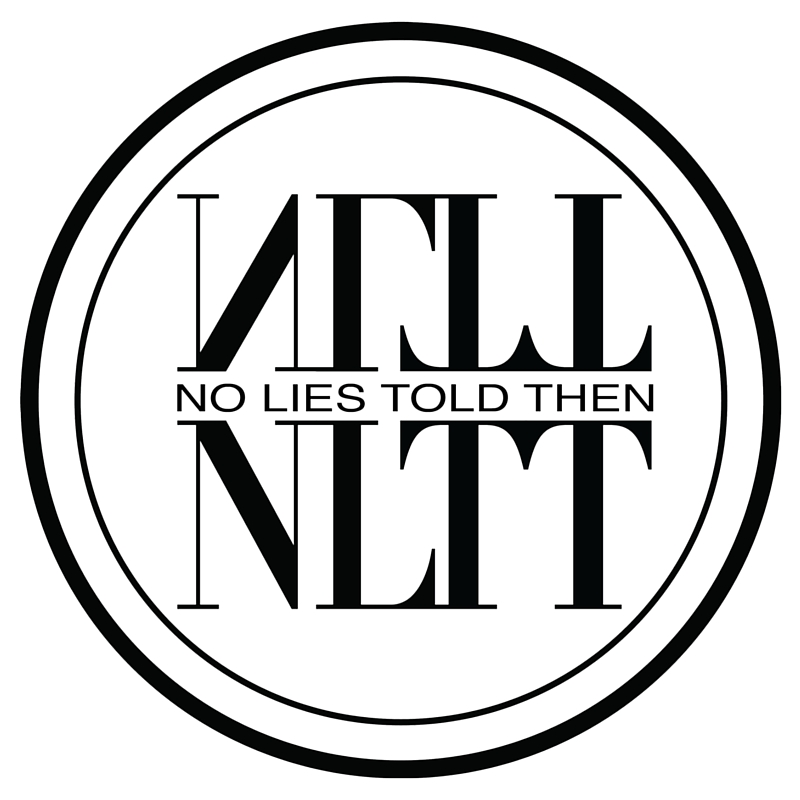I grew up in a predominately black neighborhood on the west side of Altadena, a mountainous suburb about 15 miles north of Los Angeles. My father, a tall and slender set painter would make his way off to work each day just before dawn. Without skipping a beat, my Mom got me and my sisters up for breakfast and shuffled us off to school precisely at the moment the smog began to hug the horizon.
Our cozy Spanish style house was a humble dynasty. At the epicenter of our home was an oval handcrafted wooden table which was visible as soon as you entered through the front door. Although each of the five surrounding chairs were identical in size and height, the plate with the largest piece of meat proved who reigned King. (As kids it was an unproductive use of energy to even consider staring at the succulent chicken breast with a longing desire. Your best bet was to concentrate your efforts on beating out a sibling for one of the larger drumsticks or wings).
This was because our dad was a self respecting and hard working Black man. He had a small afro and kept a groomed beard. He spoke with a commanding tone of surety. His baritone made the word “No” definitive and the word “Yes” a triumphant victory. My mother, a beautiful curvaceous brown woman with supple skin and high cheek bones, was more cunning in her sovereignty. Being released from the dining room table could only be granted when when every piece of food had been eaten from your plate; playing games outside only reserved for children with finished homework.
This made our home a place of equity and objectivity. Even with my pathetic attempts to plead for curfew extensions, my parents' love and protection was the primary burden of proof as they gave their final verdicts. So hanging out too late with friends had to be substituted for telephone conversations about what she heard “he said”, “she said” during 3rd period English.
It was the same English class where Ms. Ivory, a middle aged Caucasian woman with a salt and pepper pixie cut, took a deep breath and projected, “Here,” they said, “this is beautiful, and if you are on this day ‘worthy’ you may have it.” I fingered the face, wondering at the single-stroke eyebrows; picked at the pearly teeth stuck like two piano keys between red bowline lips. Traced the turned-up nose, poked the glassy blue eyeballs, twisted the yellow hair. I could not love it. But I could examine it to see what it was that all the world said was lovable.”
Her voice quivered in sorrow as she recited Toni Morrison’s The Bluest Eye and her eyes later wept as she read Ralph Ellison’s Invisible Man aloud.
These literary masterpieces had been a part of her curriculum for years, yet the box of tissues she kept perched at the top left corner of her massive desk served as evidence that she grieved every time she read them. As she looked out into her audience of wide-eyed Black and Hispanic adolescents, it became crystal clear that she wasn’t some nascent Michele Pfeiffer “heroine” character coming to rescue “dangerous minds”. She had a black son. She mourned not only for him, but for all of us.
Much like my parents, she taught us that we could be anything, but knew that we would face a treacherous road in our quest for achievement and equality. Regardless of our scholarly inclinations, innate ingenuity, or our creatively expressive nature, we were still Black. We would not be seen as equal. We would be harassed without just cause. We would be criminalized and demonized; or equally calamitous, we would be pitied without recompense.
She saw how slavery and segregation had been morphed into a new face at the hands of America's plastic surgeons; policy makers who have carefully molded the judicial system into a profitable incarceration industry that mimics 18th century plantations. She resented the fact that dangling black bodies, like strange fruit on sycamore trees, had been replaced by illegal chokeholds; and whips on our backs replaced by bullets at the hands of vicious cops and racist vigilantes.
Ms. Ivory bore witness to a world that barely recognizes us as human beings or sees our profound beauty. She knew that no level of education could dismantle the way we are perceived. We would still be Black. Society would continuously try to convince us that we are inadequate, but we must remain proud. No amount of wealth could be bartered to expunge the gruesome realities that lie behind our complex history. We will always be Black.
Even though the horrendous manifestation of racism can make being Black feel like a laborious burden to carry, we must unite in solidarity to end racial and social injustice; And rather than consume the lies of people who misconstruct our stories, we must continue to tell our own....
The world needs to know that we are still standing; still black, still proud.
Tresell is a retail strategist and founder of B Collective Inc. She currently resides in Harlem, NYC. To get in touch with Tresell send an email to Tresell.davis@me.com.

